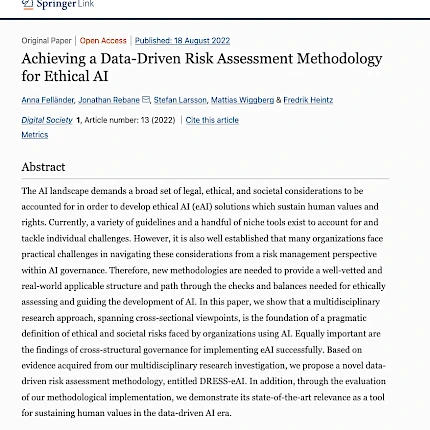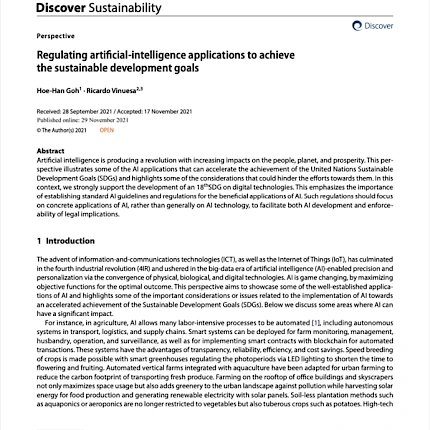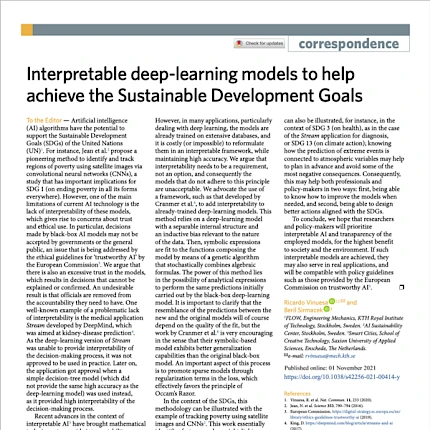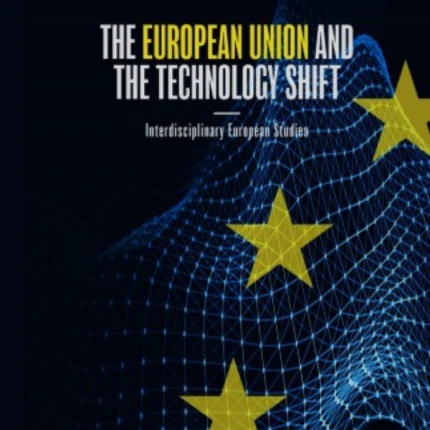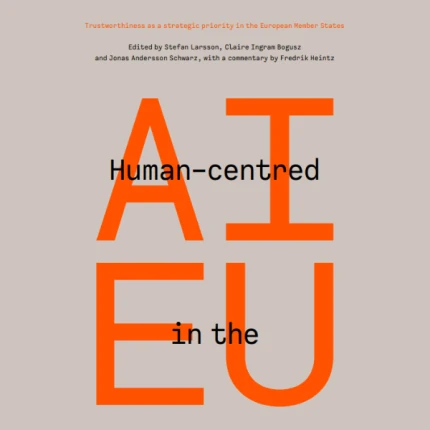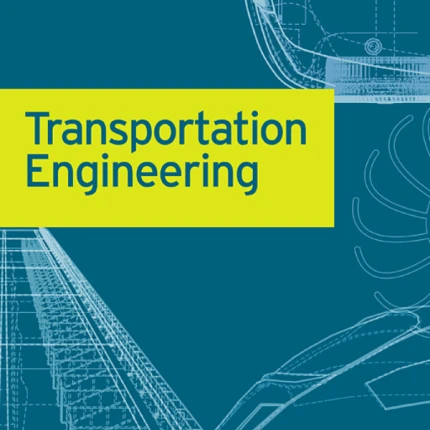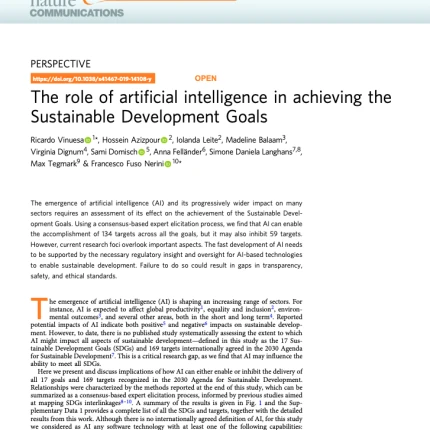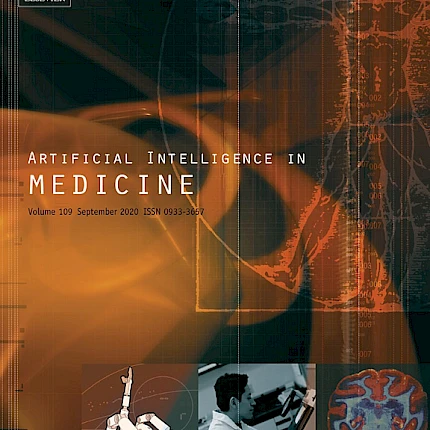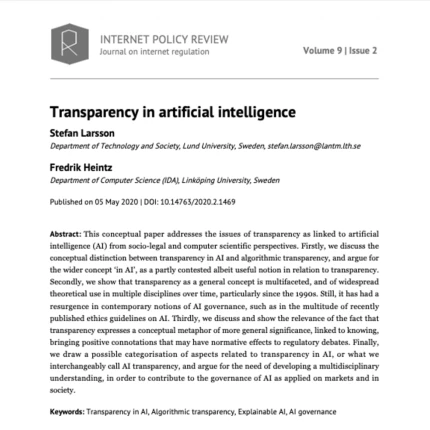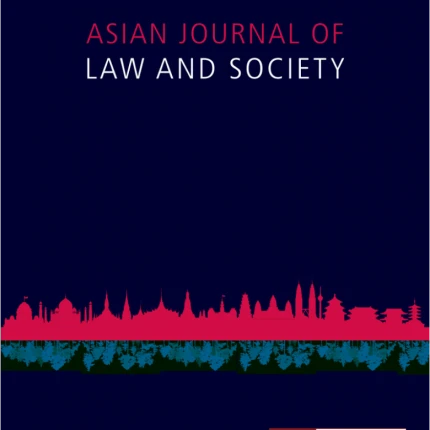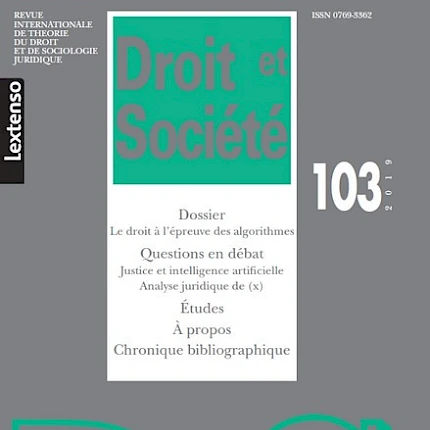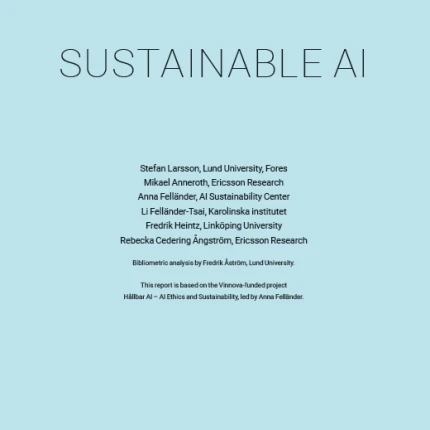While the anch.AI platform is rooted in our multidisciplinary research we have an undisputed excellence of applying it into state-of-the-art tools with an ambition to release the real power of ethical AI. As a one-stop-shop for Ethical AI, we do not only wish to apply screening, assessment, mitigation and reporting tools, but to be at the cutting edge of ethical and sustainable AI insights. Therefore, we make it crucial to operate as a data-driven insight platform, and constantly leverage the data from our tools together with our team’s diverse knowledge to generate unique insights and ways to walk the talk.
It is also a joint effort, with an entire community of research efforts. The Research Institute for Sustainable AI, consist of the former research team of the AI Sustainability Center (renamed to anch.AI in 2022). As a result, we take AI to the next level – a hybrid approach of research, platform offerings, advisory services and our extensive partnership network for essential insights and groundbreaking products that are ethically validated unlike any other.
